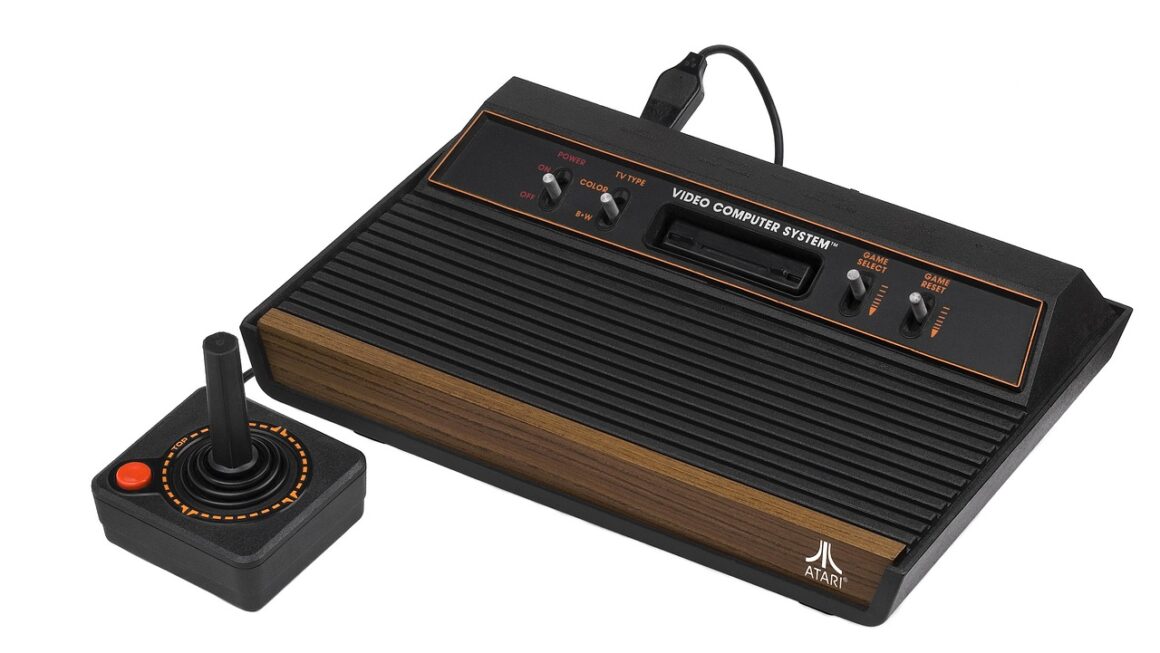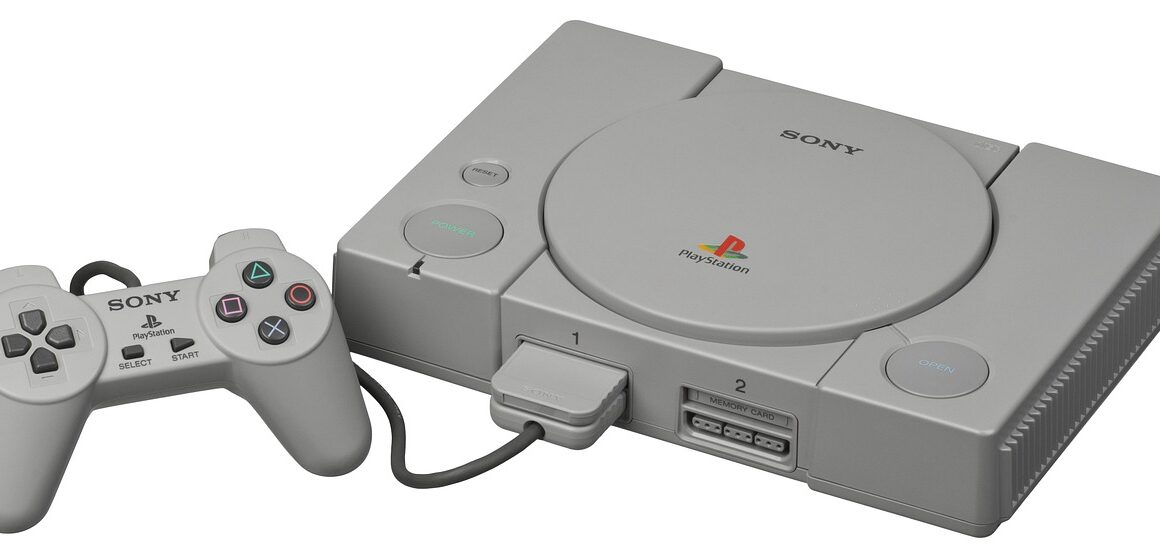Classic games. The very phrase conjures up memories of pixelated adventures, strategic board battles around the kitchen table, and the thrill of competition that transcends generations. These aren’t just pastimes; they’re cultural touchstones, repositories of history, and surprisingly, still relevant and engaging today. But what makes a game a classic, and why should you care about revisiting (or discovering) these timeless treasures? Let’s delve into the fascinating world of classic games and uncover their enduring appeal.
What Makes a Game a “Classic”?
Defining the “Classic” Game
Defining a classic game isn’t as simple as saying it’s old. Several factors contribute to a game’s status as a classic, including:
- Longevity: It has stood the test of time, remaining popular and played years or even decades after its initial release.
- Influence: It has significantly impacted the development of future games or genres.
- Cultural Significance: It holds a special place in popular culture and has become a recognizable part of our collective memory.
- Simplicity and Depth: Often, classic games have simple mechanics but offer surprising depth of strategy and replayability.
- Nostalgia: A strong emotional connection to the game for many players, often linked to childhood memories.
Think of Pac-Man, for example. Released in 1980, it’s instantly recognizable, endlessly playable, and spawned countless clones. Its simple premise, combined with challenging gameplay, cemented its place in gaming history. Similarly, Chess, a game with roots stretching back centuries, continues to be played and studied worldwide, demonstrating the ultimate staying power.
The Appeal of Retro Gaming
The appeal of classic games extends beyond simple nostalgia. Retro gaming provides:
- A Break from Complexity: Modern games are often incredibly complex, with intricate storylines and demanding graphics. Classic games offer a simpler, more streamlined experience.
- Affordable Entertainment: Many classic games are available for free or at a low cost through emulators and online platforms.
- A Sense of History: Playing classic games provides a glimpse into the evolution of gaming technology and design.
- A Community: Retro gaming enthusiasts form vibrant online communities where they share tips, strategies, and memories.
Classic Video Games: A Journey Through Pixels
The Golden Age of Arcades
The late 1970s and early 1980s were the golden age of arcades, a period that spawned some of the most iconic video games of all time. These games were designed to be instantly engaging and highly addictive, encouraging players to drop quarter after quarter.
- Space Invaders (1978): Defined the shoot ’em up genre and remains a cultural icon.
- Asteroids (1979): A challenging and visually striking game that tested players’ reflexes and strategic thinking.
- Donkey Kong (1981): Introduced Mario to the world and pioneered the platforming genre.
These games were not just about entertainment; they were social experiences. Arcades were gathering places where friends could compete, share tips, and experience the latest technological innovations.
Console Revolution: 8-bit and 16-bit Eras
The console revolution brought gaming into the home, making it more accessible than ever before. The 8-bit and 16-bit eras saw the rise of Nintendo and Sega, and the creation of some of the most beloved video game franchises of all time.
- Super Mario Bros. (1985): Revolutionized platforming games with its innovative level design and charming characters.
- The Legend of Zelda (1986): Introduced open-world exploration and epic storytelling to the console gaming experience.
- Sonic the Hedgehog (1991): A fast-paced platformer that challenged Mario’s dominance and defined the Sega Genesis.
These consoles and their games offered players deeper and more immersive experiences than arcade games, paving the way for the modern gaming industry.
Timeless Board Games: Strategy and Social Interaction
The Enduring Appeal of Strategy Board Games
Board games have existed for centuries, and some have achieved classic status due to their strategic depth, replayability, and social interaction.
- Chess: A game of perfect information that requires strategic thinking, tactical planning, and pattern recognition.
- Checkers: A simpler but still engaging strategy game that is accessible to players of all ages.
- Go: An ancient Chinese board game with complex rules that offer a vast number of strategic possibilities.
These games encourage critical thinking, problem-solving, and social interaction, making them valuable tools for education and personal development.
Family Classics: Games for All Ages
Many board games are specifically designed to be enjoyed by families, offering a fun and engaging way to spend time together.
- Monopoly: A classic real estate trading game that teaches basic financial concepts and encourages negotiation skills.
- Scrabble: A word game that challenges players to expand their vocabulary and improve their spelling.
- Clue: A mystery-solving game that encourages deductive reasoning and problem-solving skills.
These games provide a valuable opportunity for families to bond, learn, and have fun together, creating lasting memories. For example, hosting a weekly family game night can promote communication and strengthen relationships.
Card Games: Skill, Luck, and Social Connection
Traditional Card Games: A Foundation of Entertainment
Traditional card games like Poker, Bridge, and Rummy have been enjoyed for generations and continue to be popular today. These games combine elements of skill, luck, and social interaction, making them engaging and challenging.
- Poker: A game of skill and psychology that requires players to read their opponents, manage their risk, and make strategic decisions.
- Bridge: A complex and challenging card game that requires teamwork, communication, and strategic bidding.
- Rummy: A family of card games that involves matching sets of cards and strategic discarding.
Learning and mastering these games can improve cognitive skills, enhance social skills, and provide hours of entertainment.
Collectible Card Games: A Modern Classic
Collectible card games (CCGs) like Magic: The Gathering and Pokémon Trading Card Game have become a modern classic, combining strategic deck-building with competitive gameplay.
- Magic: The Gathering: The first CCG, known for its complex rules, strategic depth, and constantly evolving card pool.
- Pokémon Trading Card Game: A popular CCG based on the Pokémon franchise, known for its accessible gameplay and collectible cards.
These games require players to build and customize their decks, strategize their gameplay, and compete against other players in tournaments and casual games. CCGs promote strategic thinking, problem-solving, and social interaction, making them a valuable and engaging hobby.
Finding and Playing Classic Games Today
Emulation and Online Platforms
Emulation allows you to play classic video games on modern computers and devices, providing access to a vast library of retro games.
- Emulators: Software that mimics the hardware of classic consoles, allowing you to run ROMs (game files) on your computer.
- Online Platforms: Websites and services that offer classic games for free or for purchase, often with added features like online multiplayer.
However, it’s important to be aware of copyright laws and ethical considerations when downloading and playing ROMs. Always try to obtain games legally when possible. For example, services like Steam and GOG offer many classic games for purchase.
Retro Gaming Consoles and Arcades
Retro gaming consoles and arcades provide an authentic way to experience classic video games.
- Retro Consoles: Mini versions of classic consoles like the NES Classic Edition and the SNES Classic Edition offer a convenient and affordable way to play retro games.
- Arcades: Some arcades still feature classic arcade games, providing a nostalgic experience for retro gaming enthusiasts.
These options allow you to experience classic games in their original format, with the original hardware and controllers.
Conclusion
Classic games are more than just relics of the past; they are timeless treasures that continue to entertain, challenge, and inspire. Whether you’re a seasoned gamer looking to revisit old favorites or a newcomer curious to discover the roots of gaming, there’s a classic game out there for you. So, dive in, explore, and experience the enduring appeal of these legendary games. From the simple pleasures of Pac-Man to the strategic depths of Chess, classic games offer something for everyone. Embrace the pixelated adventures, the strategic board battles, and the social connections that make classic games so special. They’re a link to the past, a source of endless fun, and a testament to the power of good game design.




